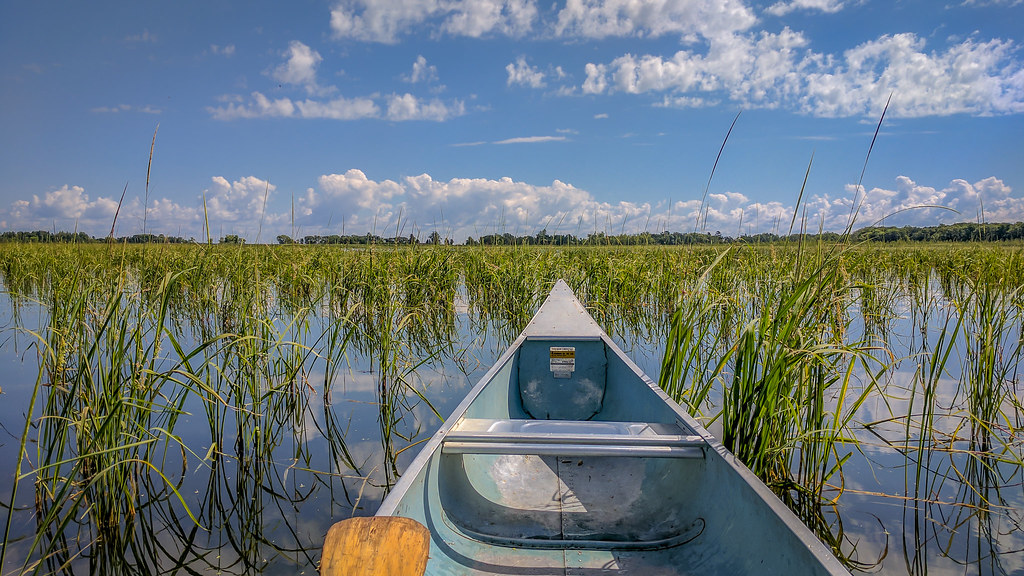CDER and partners are pleased to present a “deep dive” workshop on the White Earth case to enforce the rights of manoomin (wild rice).
Update: Find a recording of the event HERE.
December 7, 2021 online event, hosted by the Center for Democratic and Environmental Rights.
About this event
Online Event: The First Rights of Nature Case Goes to Tribal Court –
The Case for Manoomin (Wild Rice)
Tuesday, December 7
7pm Eastern/4pm Pacific
The Center for Democratic and Environmental Rights (CDER), Honor the Earth, the Native Organizers Alliance, and Menīkānaehkem are pleased to present a “deep dive” workshop on the White Earth case to enforce the rights of manoomin (wild rice), Manoomin v. Minnesota Department of Natural Resources.
Frank Bibeau, Tribal Attorney representing wild rice and the White Earth Band of Ojibwe, and Thomas Linzey, CDER’s senior legal counsel assisting in the case, will present a comprehensive look at this defining case and how it is expanding tribal sovereignty through the enforcement of the rights of nature and tribal treaty rights.
Join us to learn about the case, the “Rights of Manoomin” law that it is enforcing, the case status, and its implications.
The Case – Manoomin v. Minnesota Department of Natural Resources:
In August, Manoomin v. Minnesota Department of Natural Resources was filed in White Earth Tribal Court, the first rights of nature case to ever be filed in a tribal court. In the opinion of many, it is one of the most important tribal sovereignty cases to be filed over the past several decades.
Wild rice, the White Earth Band of Ojibwe, and tribal Water Protectors joined together as plaintiffs in this case against the State of Minnesota. They are seeking to enforce the rights of wild rice and indigenous treaty rights against a state permit allowing the Enbridge corporation to use 5 billion gallons of water for its construction of the Line 3 tar sands oil pipeline.
As the first rights of nature case to be filed in a tribal court (and only the second rights of nature enforcement case in the U.S.), the case has rapidly become the focus of national media, tribal attorneys, and environmental activists alike. The case has implications for tribes across the U.S., because any tribal nation which is a party to a treaty with the U.S. government could use this same mechanism to challenge permits issued on those ceded lands.
Speakers:Frank Bibeau is the lead attorney in this case representing the plaintiffs. He is a Tribal Attorney with the White Earth Band of Ojibwe, and works with the 1855 Treaty Authority and the indigenous advocacy organization Honor the Earth. Frank worked with the White Earth tribal government on their Rights of Manoomin law – recognizing rights of wild rice, the first law to secure the legal rights of a plant species.
Thomas Linzey is the senior legal counsel for the Center for Democratic and Environmental Rights. CDER is assisting with the case, and its founders worked on the rights of manoomin law. CDER works to advance the rights of nature around the world.
All are welcome. Tribal attorneys, officials, and members, and anyone interested in this important case, and its possible application in other locations, are encouraged to attend.
Tuesday, December 7: 7pm Eastern, 4pm Pacific. The event is free. Registration is required.
For more information: info@centerforenvironmentalrights.org
Read recent articles on this case from Inside Climate News: To Stop Line 3 Across Minnesota, an Indigenous Tribe Is Asserting the Legal Rights of Wild Rice and E & E News: ‘Rights of nature’ tribal case may upend pipeline law
See the original post and register HERE.
Photo credit: “Wild Rice Cornucopia” by Brett Whaley is licensed under CC BY-NC 2.0

